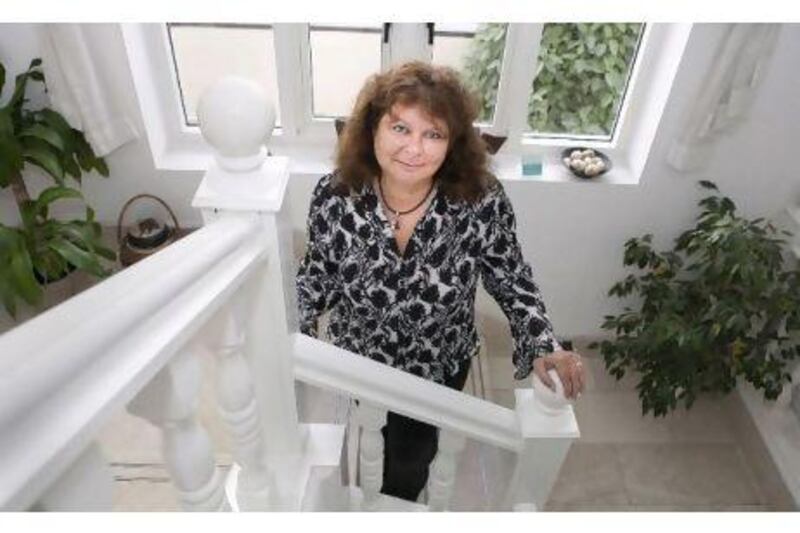DUBAI // People of every nationality and from every community who abuse alcohol share the same sorts of problems, according to a specialist counsellor.
"Addiction to alcohol affects all sorts of people with all sorts of lives, from every single culture and every single age," said Johanna Griffin, of the LifeWorks counselling centre in Dubai.
"Everybody is the same. The common factors with most people I see are that alcohol does affect their relationships, it does affect their work, they don't get up in the mornings.
"They're normally depressed and their businesses tend to fail. Most people, when they start having a really serious drinking problem, tend to isolate themselves. They don't want to go out anymore, they tend to drink on their own, and the last thing they'd want to do is go to any social occasion."
Mrs Griffin said drink-driving was one of the first subjects she raised when a new client came to see her. "If they have had two or three driving accidents I would put them down as someone who has a problem with drinking," she said.
"You become so dependent on alcohol that you don't have morals anymore and you don't realise the dangers - people don't see the serious consequences. You don't actually care enough about yourself to want to survive."
Mrs Griffin said there was a limited number of places in the UAE for those with alcohol problems to seek help, and pointed out that Abu Dhabi's sole rehabilitation clinic accepted only men.
"It's important for both men and women to get help," she said.
"Sometimes women feel even more ashamed about their drinking than men because they think they are the ones who should be nurturers.
"They always feel a little bit more guilty because of the way people think.
"Men go to bars while women are perhaps more likely to be drinking at home on their own."
Mrs Griffin, who trained at Imperial College, London, and has 20 years' experience as a drug and alcohol counsellor, also revealed the surge in the number of young people with drink problems who were seeking help.
"The average age has gone down," she said in August. "I'm definitely seeing more people in their 20s and 30s, and even some teenagers as well. Previously most of those I saw were in their 40s and 50s."
Like all other counsellors in Dubai, Mrs Griffin is in the process of applying for a professional licence from the Community Development Authority under new rules that came into force this year.
She was licensed by the Department of Health and Medical Services under the previous regulations.





